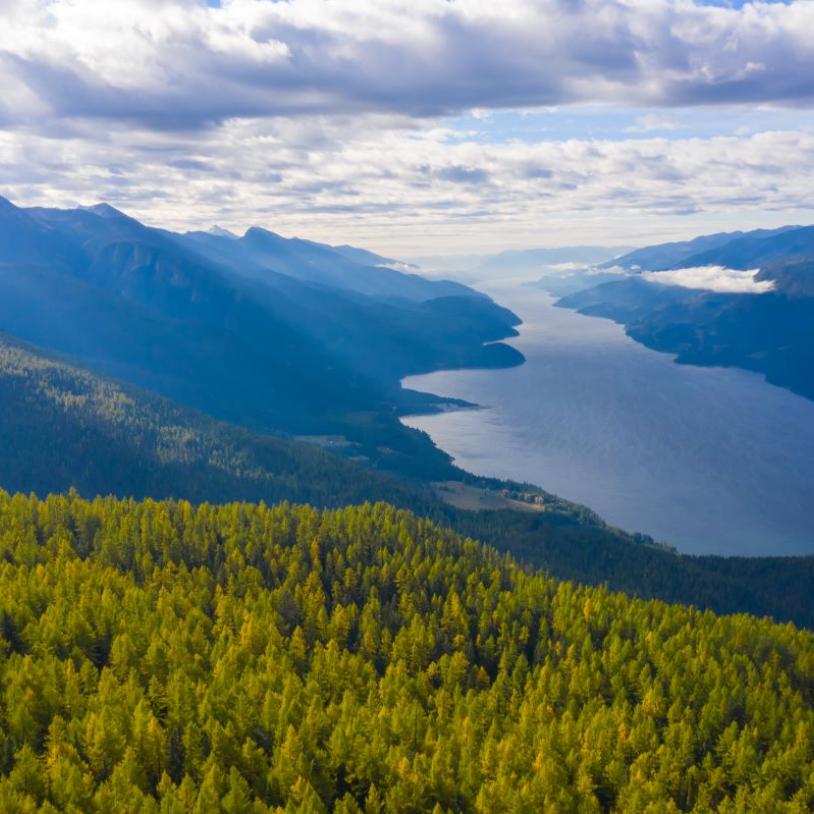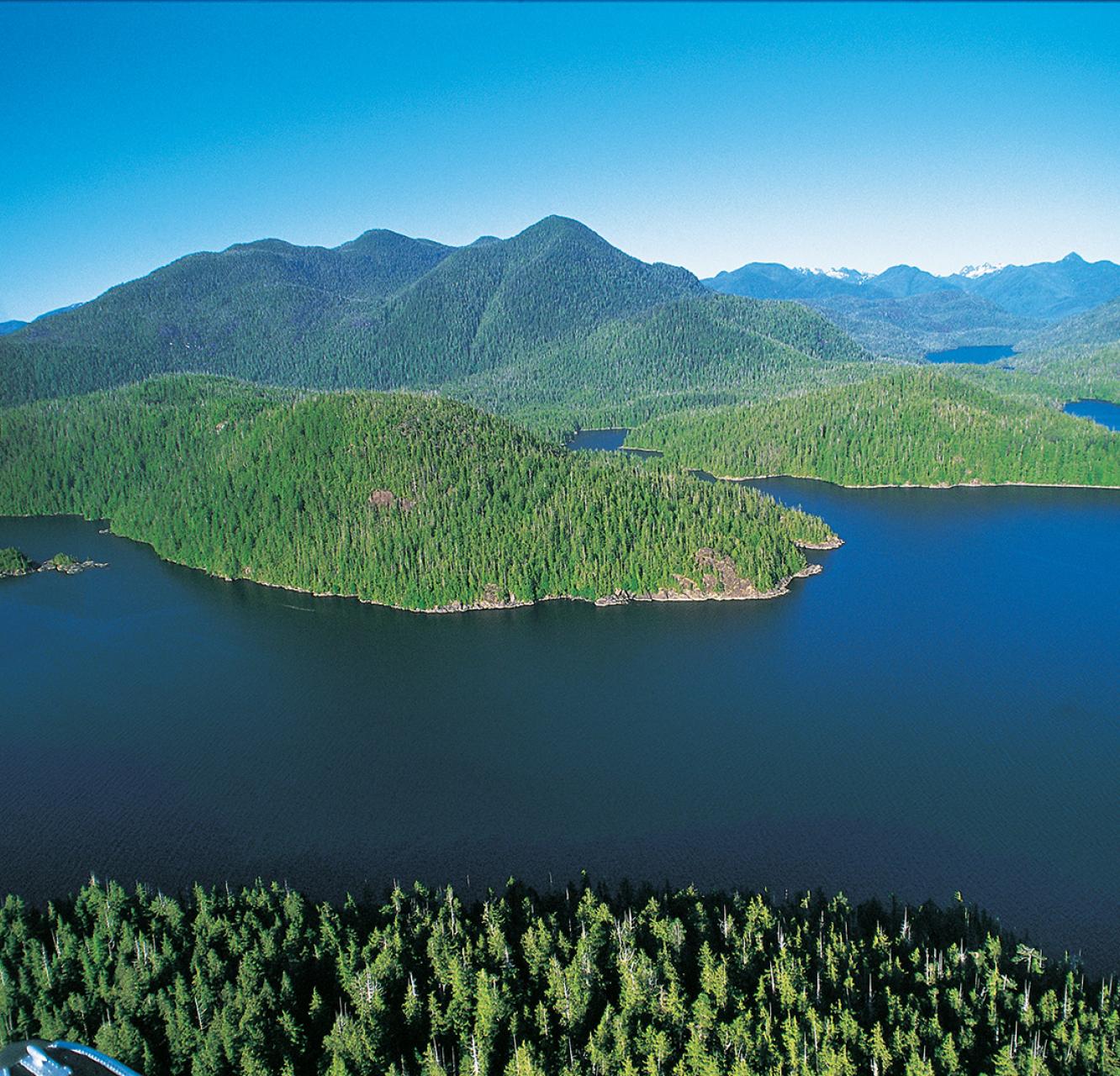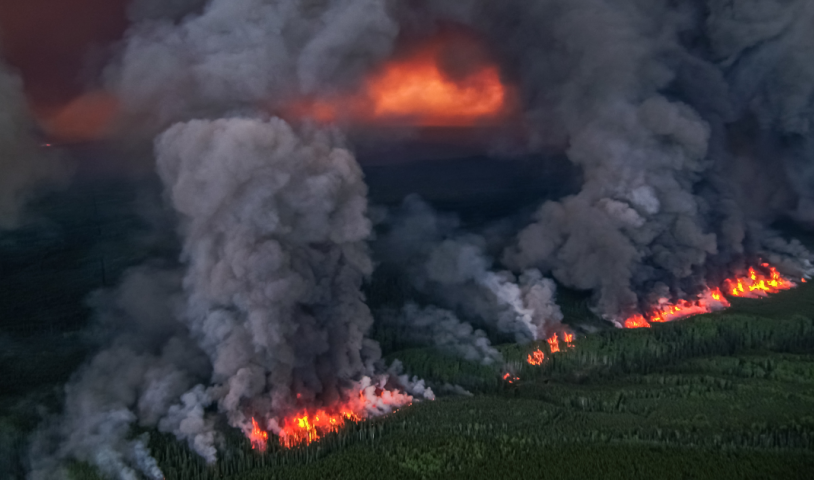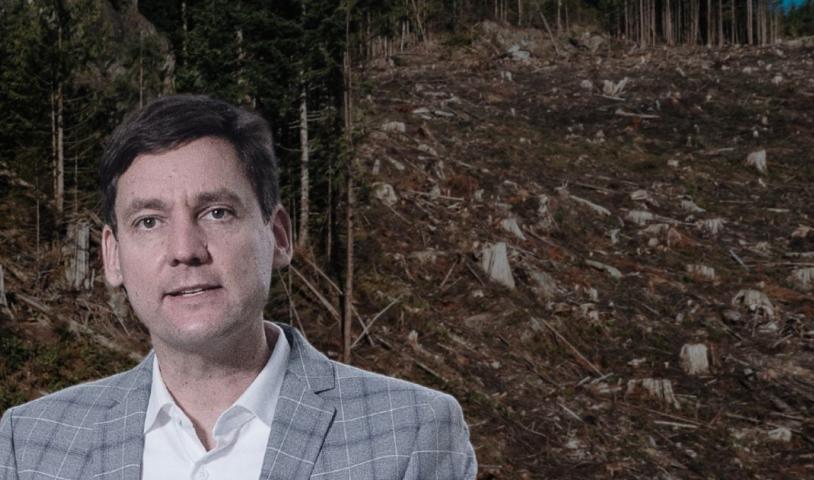Budget 2025 entrenches Carney government’s backsliding on climate and environmental protection
Tuesday, November 4, 2025
Focus on mega-projects and deep cuts to civil service ignores environmental realities and invests in classic, unsustainable resource extraction model
VANCOUVER / UNCEDED xʷməθkʷəy̓əm, Sḵ wx̱wú7mesh AND səlilwətaɬ TERRITORIES — Budget 2025 underscores the federal government's continued trajectory of focusing on industrial development at the expense of people, public services and the environment. While the Wilderness Committee marks points of progress such as investment in the Youth Climate Corps, the overall direction is business-as-usual funding, inadequate climate response and environmental deregulation.
The federal Climate Competitiveness Strategy reinforces climate action as a market problem, which the Wilderness Committee says is the same framing that’s led to the climate crisis in the first place. The organization argues reliance on competition and corporate incentives lets polluters continue to call the shots. Instead of investing in public solutions, the government protects the fossil fuel industry: scrapping the oil and gas emissions cap, weakening anti-greenwashing legislation, delaying emissions targets to 2050 and continuing to distract with ineffective false solutions like carbon capture. While budget documents stress the importance of spending cuts across all departments, defence spending sees massive increase of more than $81 billion dollars over 5 years.
“Prime Minister Carney’s first budget reads like a war plan against people and the planet. While communities face wildfires and floods, the federal government continues to backslide on climate action and touts the highest defensive spending in decades,” said Climate Campaigner Isabel Siu-Zmuidzinas. “Imagine what that money could do if it went to investing in community-based, systemic climate solutions and public services, instead of fighter jets and fossil fuels.”
The Wilderness Committee contends the federal government is also failing to recognize how the historical and present climate policies of wealthy countries like Canada have fuelled displacement and migration around the world, and that part of responding to climate change means welcoming and supporting more migrants. The organization criticizes the dramatic cuts for permanent and temporary resident permits announced alongside the budget.
The Wilderness Committee is critical of the emphasis on significant cuts to the public service, including the elimination of more than 40,000 positions. The organization advocates for stronger federal conservation policies, including the development of endangered species recovery plans — often a last line of defence for wildlife in provinces with weak or non-existent laws to protect biodiversity.
“Carney’s budget excludes any mention of biodiversity, threatened species and ecosystem protection and doubles down on destructive resource extraction and fast-tracking mega-projects," said Conservation and Policy Campaigner Lucero Gonzalez. "We already see things like endangered species recovery plans illegally delayed for years or even decades and slashing the public service will only make that worse. This is less about jobs for people in Canada and more about overlooking environmental protections to benefit corporations and millionaire investors”
Also unmentioned in Budget 2025 is Canada’s commitment to protect 30 per cent of lands and waters by 2030 (30x30) — a goal Carney upheld when becoming Liberal Party leader but hasn’t given any updates on since. The Wilderness Committee is concerned massive multi-year cuts to Environment and Climate Change Canada, along with commitments to “streamline its nature programming,” will jeopardize the government’s ability to meet the critical 30x30 target.
The Wilderness Committee argues the Carney government’s push for industrial projects as “nation building” and in the “national interest” before both obtaining consent from Indigenous Nations and implementing fulsome environmental assessments including a project’s climate impacts is irresponsible and sets a dangerous precedent.
“Prime Minister Carney is signalling that if his government deems a project in the national interest, its impacts on the environment and climate — and whether it has permission from affected Indigenous peoples — doesn’t really matter,” said Associate Director Torrance Coste. “That’s the colonial model Canada was built on and there’s nothing transformational or innovative about it.”
The Wilderness Committee calls on all levels of government to invest in programs and infrastructure to tackle the climate and biodiversity crises and ensure safety and dignity for all peoples.
-30-
For more information please contact:
Lucero Gonzalez | Conservation and Policy Campaigner
604-700-3280, lucero@wildernesscommittee.org
Isabel Siu-Zmuidzinas | Climate Campaigner
781-572-2795, isabel@wildernesscommittee.org






